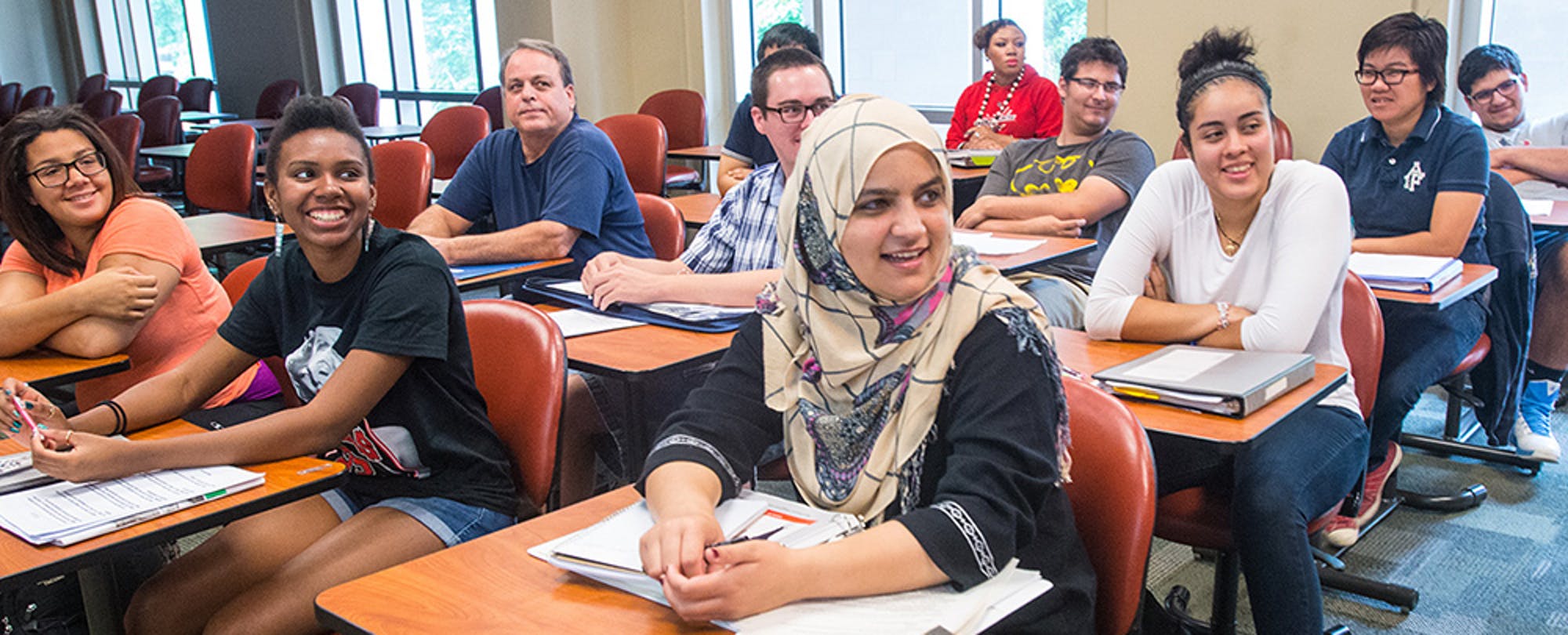A group of researchers have developed a dynamic measurement model that better predicts academic performance than standardized tests.
Developed by researchers from Arizona State University and the University of Denver, the new model uses available test scores to predict future academic performance.
The researchers took inspiration from the work of an Israeli psychologist Reuven Feuerstein’s dynamic assessment testing system and through the use of mathematical models and computing power, they created their own model.
It uses a series of test scores to predict future learning capacity and fits a curve through the test scores over time often called a “learning curve.” The curve represents the amount of current knowledge, and the ceiling of the curve stands for learning potential.
“Students are tested so frequently now to gauge their progress, but having multiple scores per student can serve a purpose beyond gauging progress,” said Daniel McNeish, assistant professor of psychology at ASU and first author on the paper.
“They can be combined into a single learning potential score to improve predictions of where people’s skills and abilities are predicted to end up in the future if they maintain the same trajectory.”
Researchers are currently working on developing software to disseminate the dynamic measurement model.
High School Performance Valued Most by Colleges in Admission



